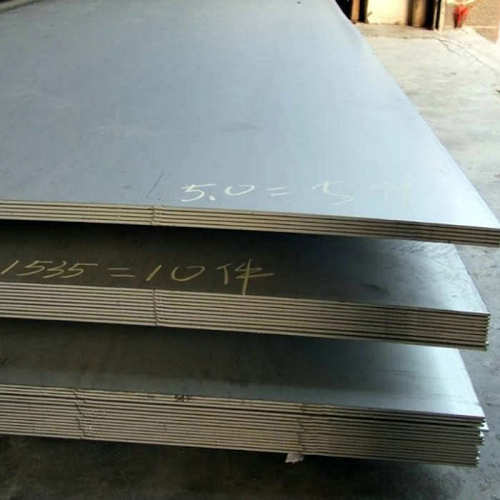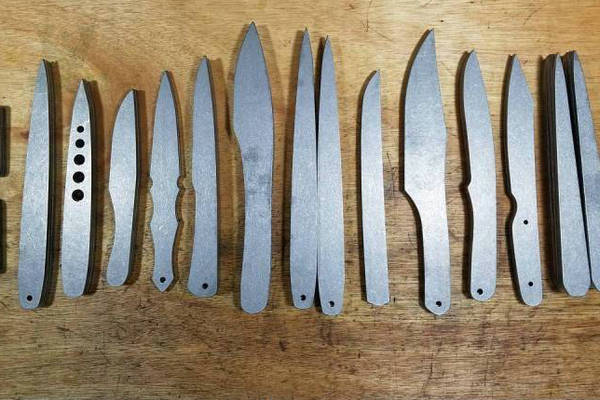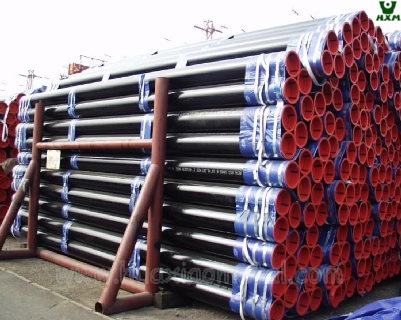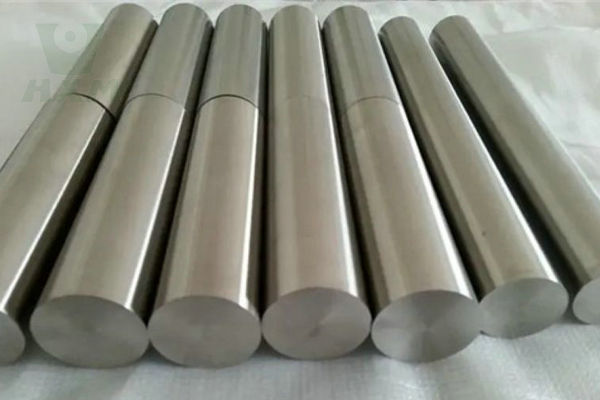As technology continues to advance, people’s concerns about safety are also increasing. In the field of bulletproofing, AR500 steel has attracted much attention due to its strong performance. However, its bulletproof capabilities require a deeper dive to understand its role and limitations in real-world applications.
AR500 steel has attracted much attention due to its excellent impact resistance. But we have to ask ourselves a key question: Is AR500 steel bulletproof?

Is AR500 Steel Bulletproof?
First of all, we must make it clear that absolutely bulletproof materials do not exist. Different types of bullets have different speeds, masses and powers, so no one material can provide complete protection against all forms of attack. However, AR500 steel is one of the options that can withstand bullets from pistols and rifles to a certain extent.
AR500 steel is known for its high hardness and wear resistance. After heat treatment, it can resist the impact of bullets to a certain extent, which makes it a widely used material in bulletproof plates, target plates and protective equipment. However, for higher levels of protection requirements, more specialized materials such as high-boron alloy steel or specially tailored alloys may need to be considered.
Another factor to consider is the thickness of the AR500 steel. Thickness is critical in protecting against the threat of different types of bullets. For more powerful weapon systems, thicker AR500 steel plates may be required to provide adequate protection.
What Factors Affect Bulletproof Capabilities?
In addition to the performance of the material itself, ballistic resistance is also affected by many factors. These include the type of bullet, speed, shooting angle, and the thickness and quality of the AR500 steel plate. These factors jointly determine the impact resistance and protection level of steel.
Bulletproof Steel
Steel Material with Stronger Bulletproof Ability
In addition to AR500 steel, some more professional materials are also used to provide a higher level of ballistic protection. These include high boron alloy steel, ceramic composite steel and maraging steel. These materials offer greater impact resistance and protection and are suitable for specific applications that require a higher level of protection.
High Boron Steel:
This steel is specially treated to contain a high concentration of boron, giving it excellent impact resistance. It is commonly used in the manufacture of ballistic armor plates and vehicle protective armor.
Special Alloy Steel:
Some specially designed alloy steels, including such as maraging steel (MARAGING steel) and other alloy steels with high strength and impact resistance, can also be used to make bulletproof products.
In Conclusion:
Taken together, AR500 steel has certain bulletproof properties and is particularly suitable for manufacturing general protective equipment. However, when facing higher-level threats, more specialized materials may need to be considered. Therefore, when selecting bulletproof materials, it is necessary to fully consider the performance, thickness and specific application needs of the material. Only by comprehensively considering these factors can we ensure that the selected materials can provide the best protective effect and ensure personal safety.







